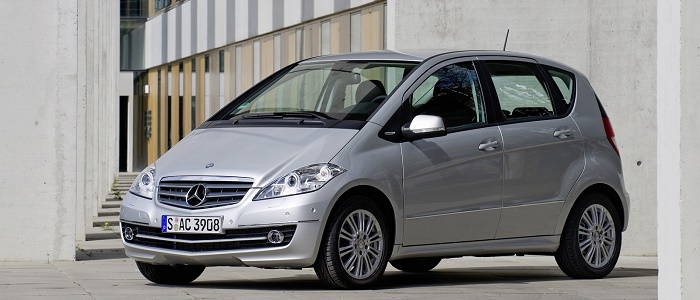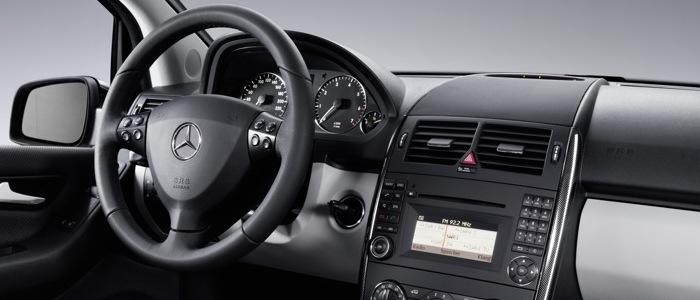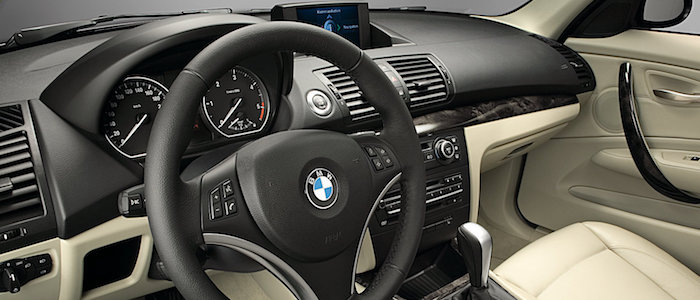Compare two cars
Compare any two cars and get our Virtual Adviser™ opinion
Dimensons & Outlines
Check vehicle history
Engine
Performance (manual gearbox)
Performance (automatic gearbox)
Expenses
Virtual Adviser's™ opinion
Two significantly similar cars, no doubt about that. Still, each one has something different to offer. Having both cars powered by diesel engines and utilizing the 5-door hatchback body style within the same 'Small family car' segment, the only major difference here really is their wheel drive configuration (front for the Mercedes Benz and rear in the case of the BMW). The first one has a Mercedes Benz-engineered powertrain under the hood, a 4-cylinder, 16-valves 109hp unit, while the other one gets its power and torque from a 4-cylinder, 16-valves 116hp engine designed by BMW.
SafetyBoth vehicles got tested by European New Car Assessment Programme (Euro NCAP), with the same number of safety stars gained in the process. Still, apart from the official crash test results there are other things we need to be aware of. Both vehicles belong to the small family car segment, which is generally classifying them somewhere in the middle safety-wise, still it doesn't help us solve our dilemma, does it? On the other hand, taking kerb weight as an important factor into account, 1 Series offers a marginal difference of 3% more metal.
ReliabilityReliability is not the best thing to consider on the make level, but it is worth mentioning that both brands display similar results in faults and breakdowns, all the models observed together. These are the results of an independent reasearch, while our visitors describe reliability of Mercedes Benz with an average rating of 4.3, and models under the BMW badge with 4.1 out of 5. The same official information place A as average reliability-wise, and 1 Series is more or less at the same level.Above it all, drivers of cars with the same engine as Mercedes Benz A rank it on average as 4.7, while the one under the competitor's bonnet gets 4.5 out of 5.
Performance & Fuel economyBMW is a bit more agile, reaching 100km/h in 0.6 seconds less than its competitor. In addition to that it accelerates all the way to 200 kilometers per hour, 14km/h more than the other car. When it comes to fuel economy things look pretty much the same for both cars, averaging around 4.7 liters of fuel per 100 kilometers (60 mpg), in combined cycle.
Verdict
BMW appears just a bit more reliable, although the difference is truly marginal. The most important thing when deciding between any two vehicles should always be safety, both passive and active. In my opinion, everything taken into account, 1 Series offers slightly better overall protection and takes the lead. It all continues in the same direction, with BMW outracing its opponent in any situation possible, making it better choice for boy racers. To make things even better, it consumps less fuel! All together, there's not much more to say, in this case I wouldn't even consider anything but BMW. Anyway, that's the most objective conclusion I could've came up with and it's based solely on the information found on this website. Aspects such as design, practicality, brand value and driving experience are there for you to measure them out. I suggest you spend two more minutes in order to find out which car, based on your needs and budget, would be picked by the virtual adviser™, among more than 12.000 different ones in our database.
































